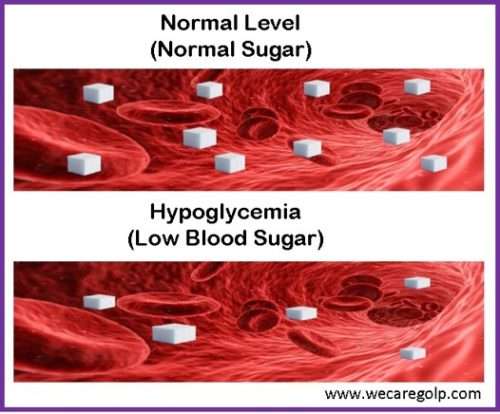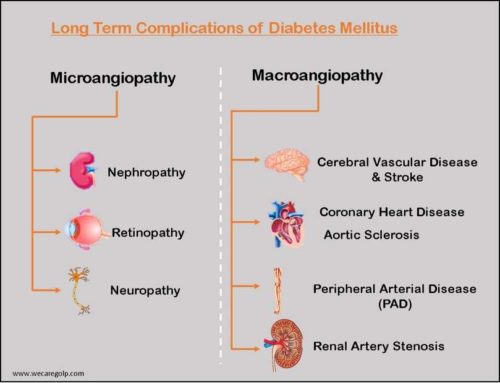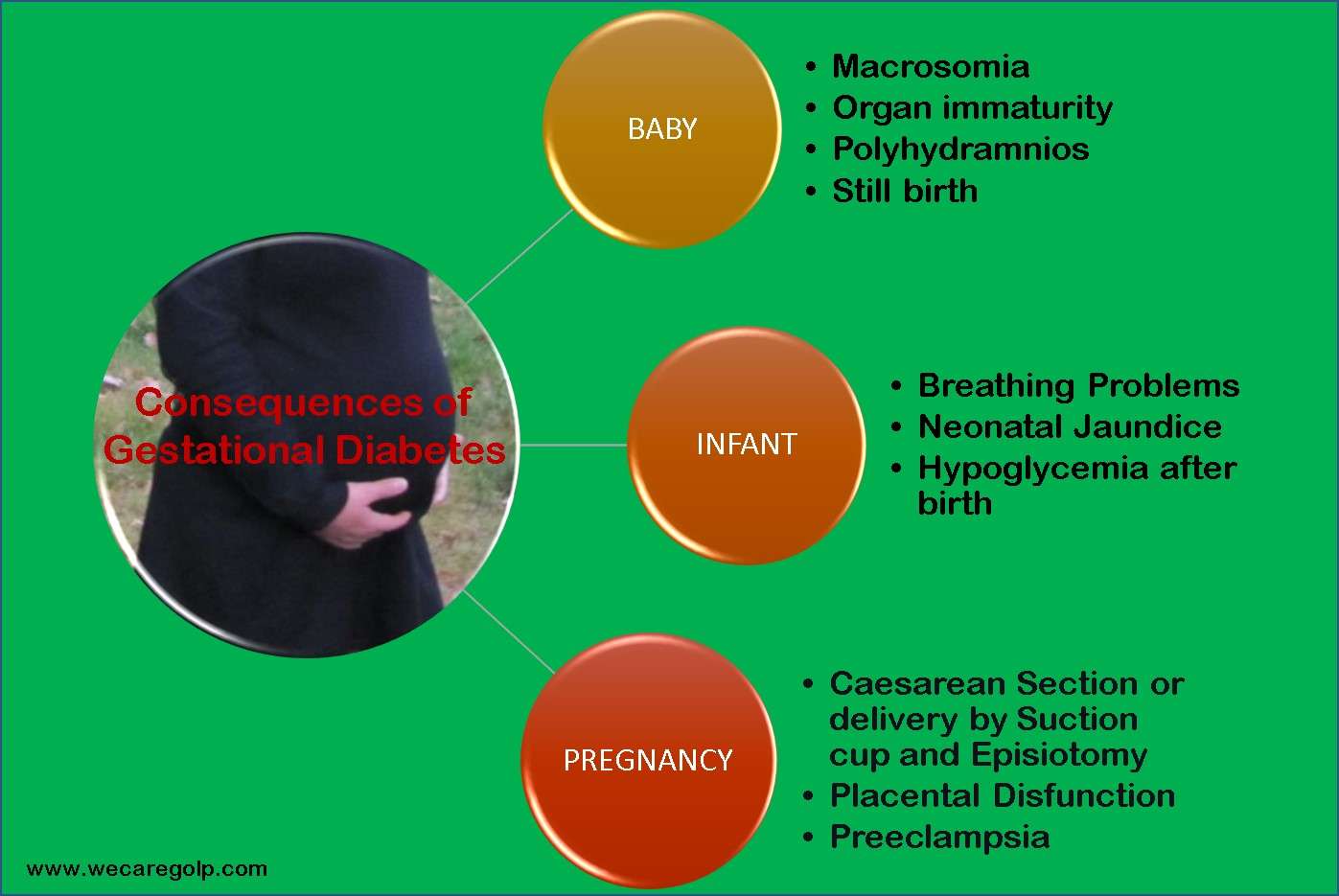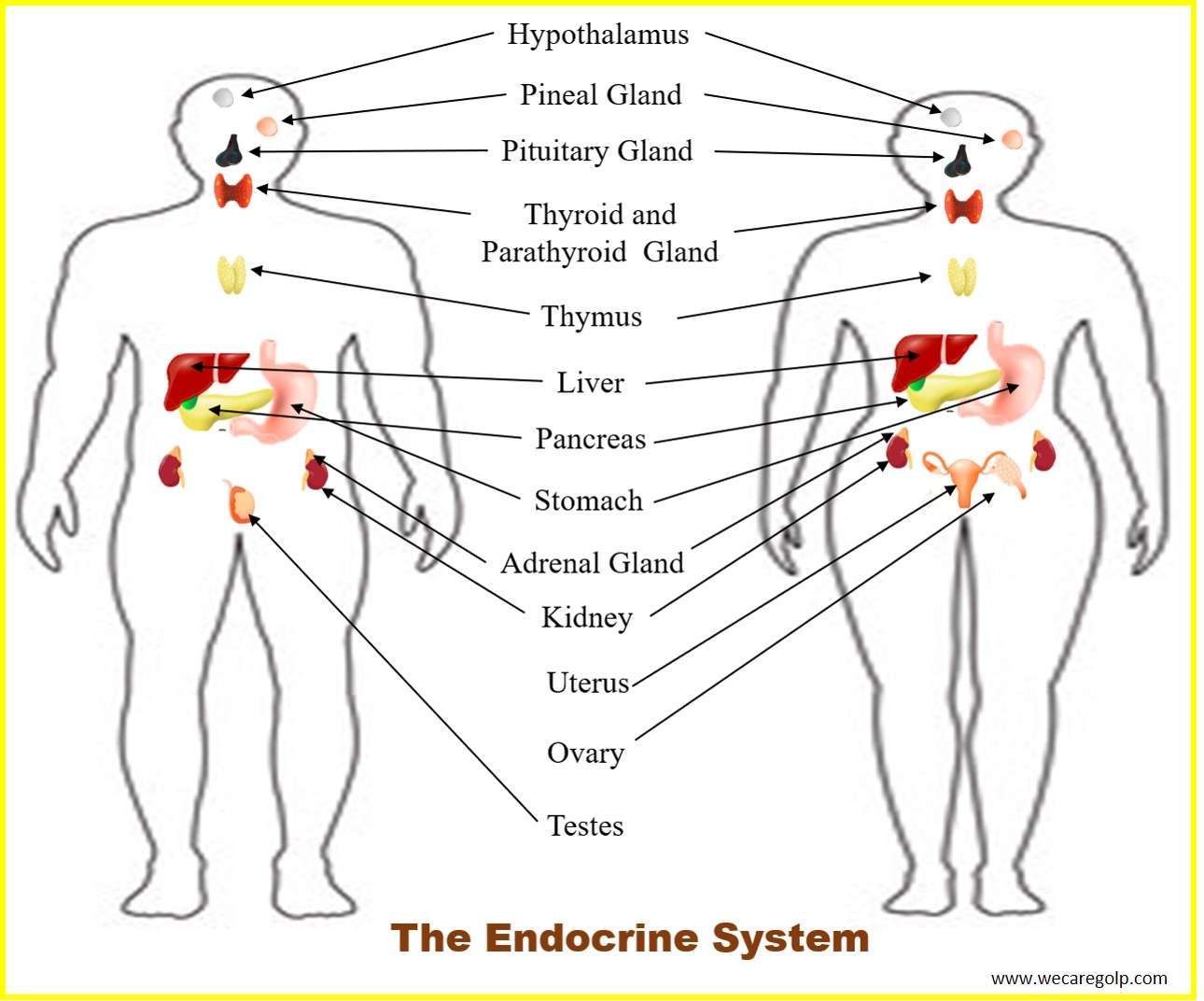Hypoglycemia (Low Blood Sugar)
Introduction Hypoglycemia is an urgent medical condition in which blood sugar (glucose) level is lower than the standard range, typically below 70 mg/dL (3.9 mmol/L). However, symptoms may occur if plasma glucose levels fall below 55 mg/dL (3.0 mmol/l). Hypoglycemia is often related to diabetes treatment. But other drugs and several conditions can cause low … Read more




